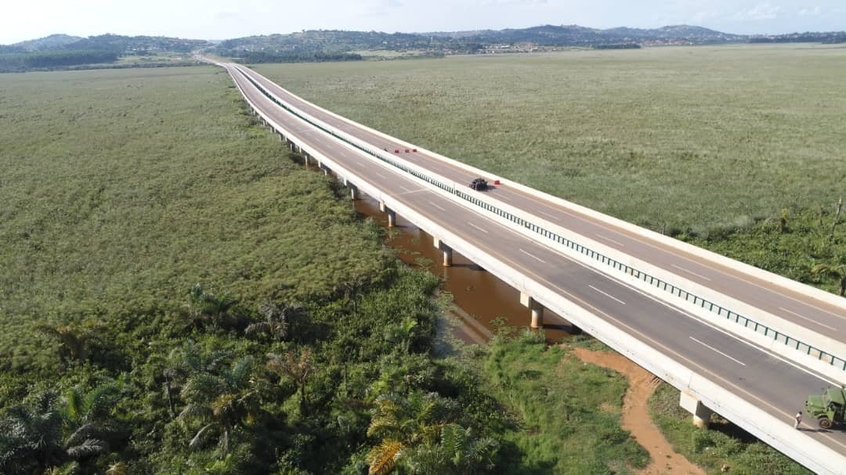
With foreign firms dominating big building projects in Uganda, domestic contractors have urged the government to reserve road and bridge schemes valued at $4m or less for them.
Francis Karuhanga, president of the National Association of Building and Civil Engineering Contractors (UNABCEC), said such a reservation scheme would help build capacity in domestic firms for infrastructure projects.
“We pray that this is introduced in all government financed projects,” Karuhanga told the organisation’s annual general meeting in Kampala on 6 December. Karuhanga also called on government to introduce a contractor classification and registration scheme to promote transparency and competition in civil works procurement. He said only companies demonstrating profits for the past seven years should be allowed to compete.
Domestic firms face big disadvantages in competing for public civil work, Karuhanga said, including the requirement to furnish bonds and guarantees for construction contracts. Procuring construction equipment is also very expensive for domestic contractors, he said.
“This has continuously pushed domestic construction firms out of business and instead favours the big international companies that have easy access to equipment through favourable financing and asset leasing terms and lines of credit,” Karuhanga said.
He called for a lower-interest fund, managed by Uganda Development Bank, to assist contractors. UNABCEC wants civil works worth up to $4m reserved for domestic firms, and those over $4m and up to $8m open to competition by domestic and foreign contractors.
One flashpoint for Ugandan contractors’ discontent has been a $450m, 51-km expressway from Kampala to Entebbe airport, completed in June this year, part-financed by China and built by Chinese state-owned firm China Communications Construction Co. Ltd.
In July a UNABCEC spokesperson asked why Uganda awards such work to a state-owned Chinese firm, and not to state-assisted Ugandan firms.
More news
- PART 2: CONCRETE IN THE DESIGN OF A UNIQUE LUXURY HOME IN GEORGE, SOUTH AFRICA
- PART 1: CONCRETE IN THE DESIGN OF A UNIQUE LUXURY HOME IN GEORGE, SOUTH AFRICA
- MVULE GARDENS, AFRICA’S LARGEST 3D-PRINTED AFFORDABLE HOUSING PROJECT
- PART 3: HARNESSING THE POTENTIAL OF HIGH SULPHUR FLY ASH IN CONCRETE PRODUCTION
- PART 2: HARNESSING THE POTENTIAL OF HIGH SULPHUR FLY ASH IN CONCRETE PRODUCTION





